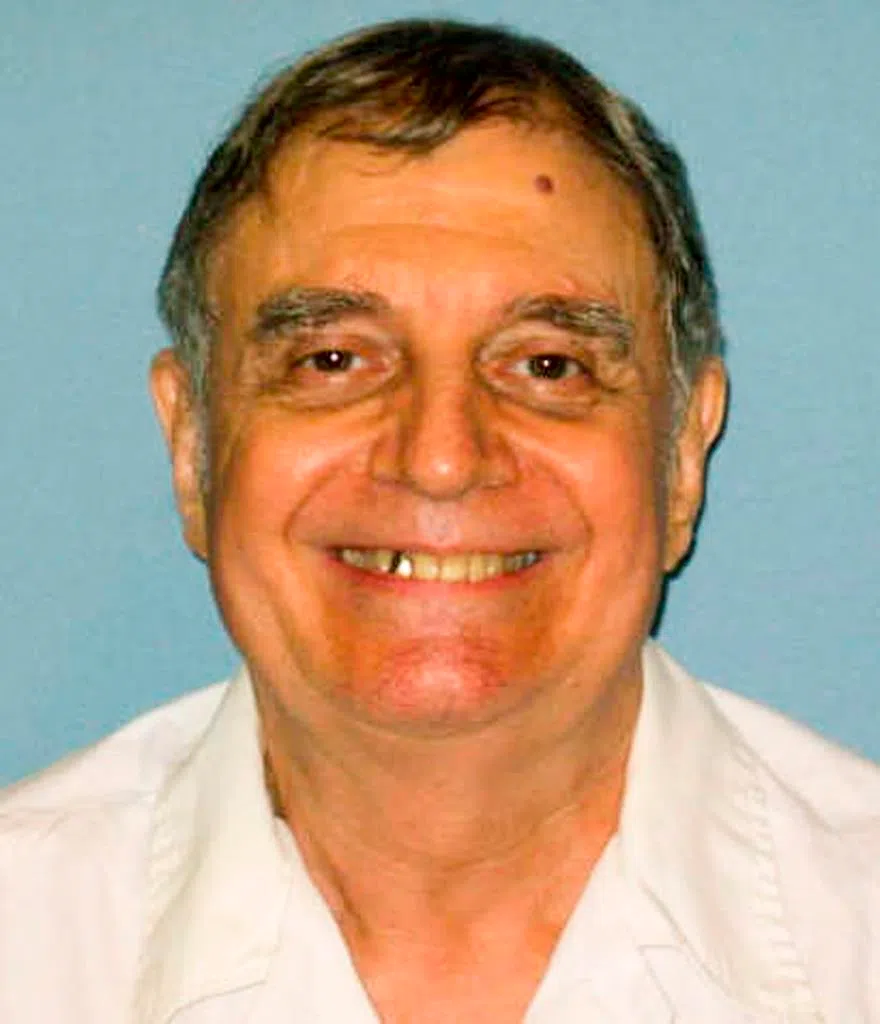
Alabama scheduled to execute man in ’82 murder-for-hire
ATMORE, Ala. — An Alabama man convicted of the 1982 shooting death of a woman’s husband in a murder-for-hire arrangement was set to be executed Thursday evening.
Tommy Arthur, now 74, was convicted of killing Troy Wicker with a shot through the eye as he slept in his Muscle Shoals home that year.
Wicker’s wife initially told authorities she had been raped and that an intruder killed her husband, but she later testified she had sex with Arthur and promised him $10,000 to kill her husband. At the time of Wicker’s death, Arthur was in a prison work-release program after being convicted of the 1977 murder of his sister-in-law.
Arthur’s execution time was pushed back two hours until 8 p.m. CDT Thursday at the Holman Correctional Facility in Atmore as the U.S. Supreme Court reviewed Arthur’s request for a stay, officials said. That time passed without a response from the court.


